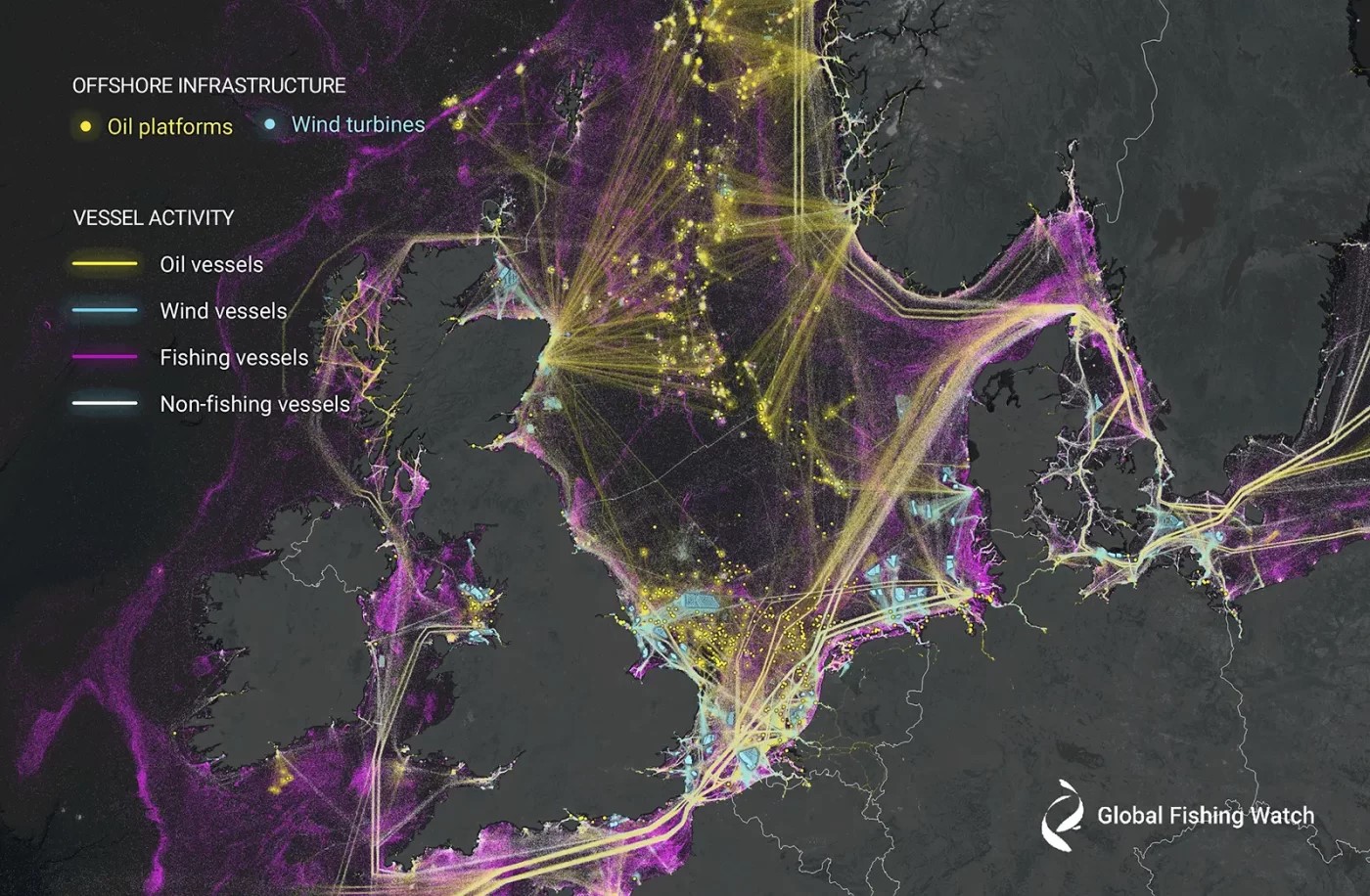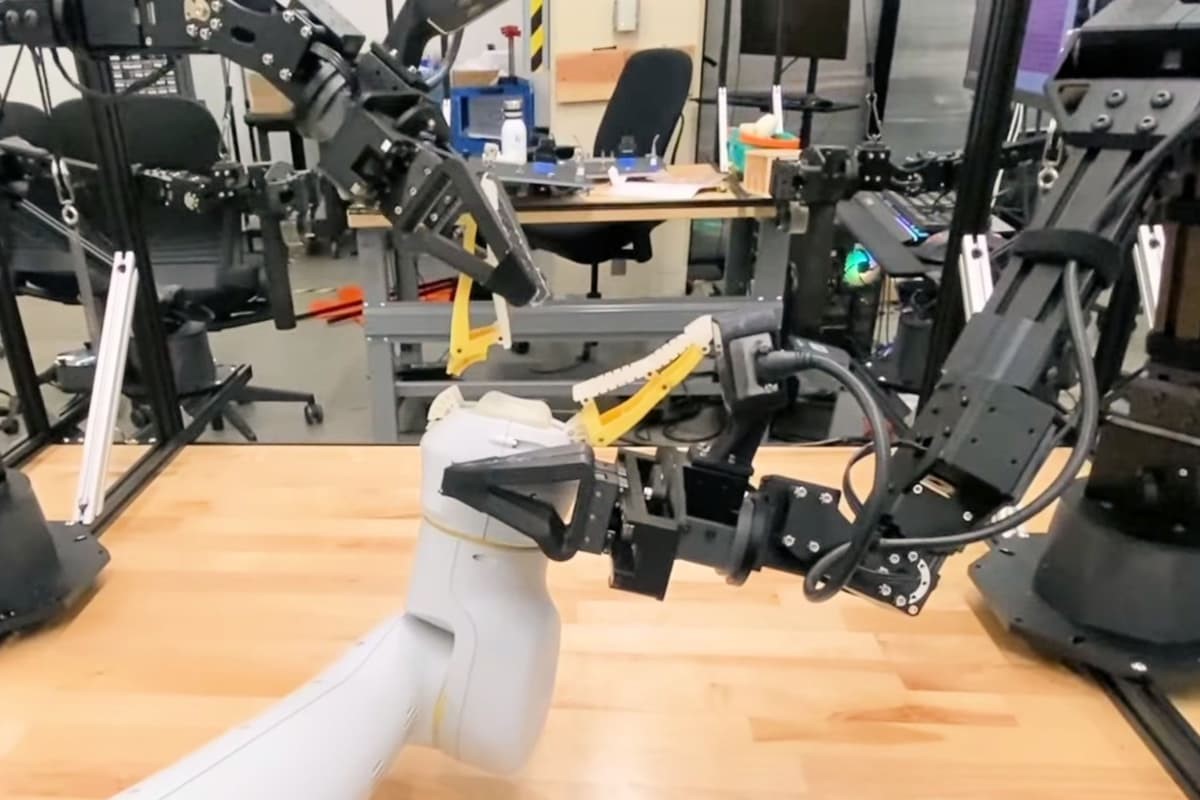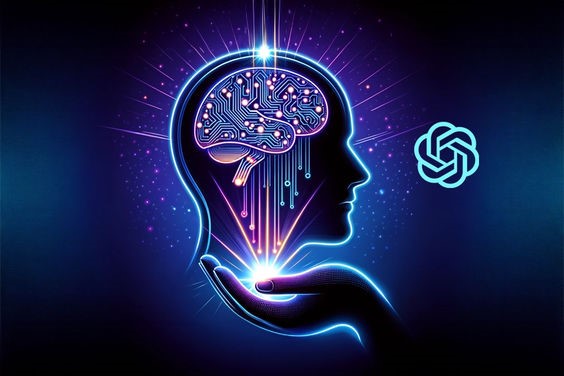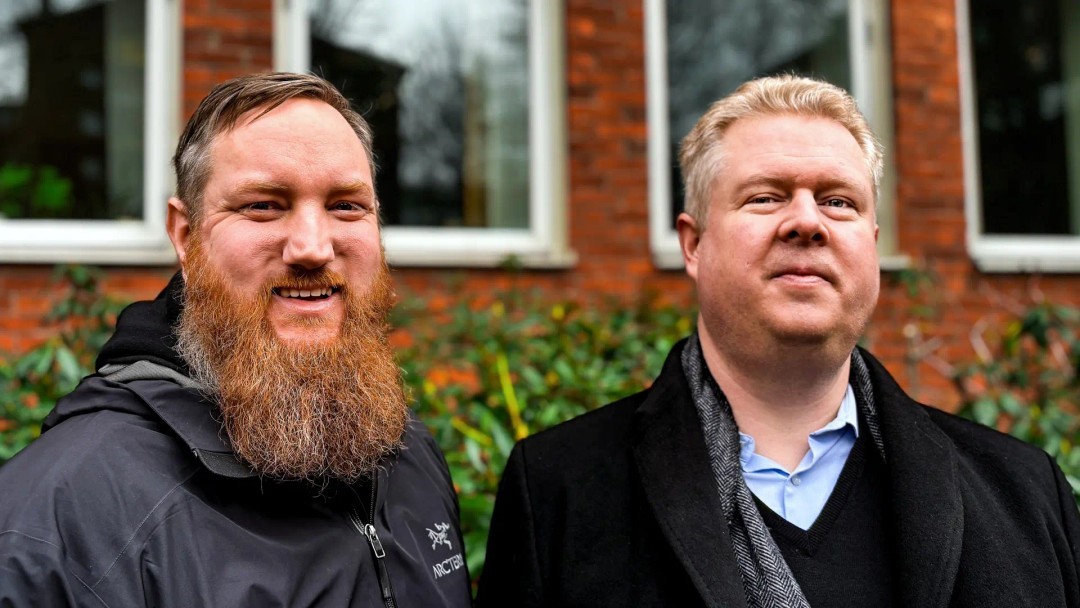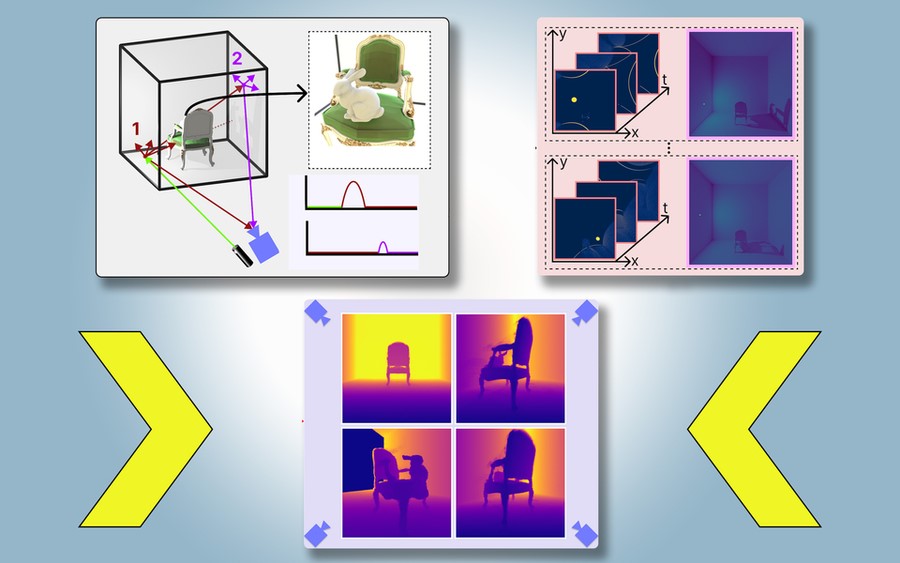AI Model Predicts Need for Mental Health Services in Cancer Care
Researchers from UBC and BC Cancer have developed an innovative artificial intelligence (AI) model capable of accurately predicting whether individuals undergoing cancer treatment will require mental health support. Utilizing natural language processing and advanced neural networks, the AI analyzes oncologists' notes from initial consultation appointments with patients. Despite these consultations primarily focusing on medical history and treatment options, the AI detects subtle linguistic cues indicating potential benefits from early psychiatric or counseling interventions.
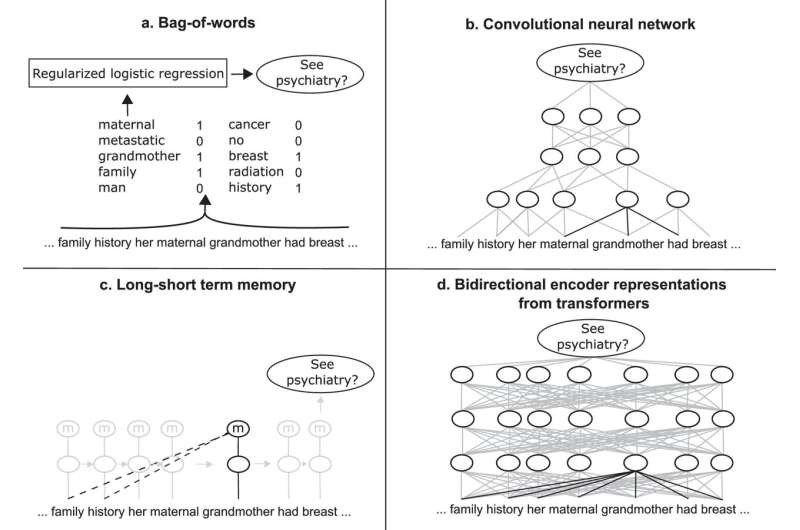
Figure 1. Simplified diagrams of the language models used in this work [2]. (Credit: John-Jose Nunez)
Figure 1 shows the simplified diagrams of the language models used in this work. In a recent publication in Communications Medicine, findings reveal the AI's ability to predict, with over 70% accuracy, whether patients will seek psychiatric or counseling assistance within a year [1]. This marks the first instance of AI being employed to forecast mental health outcomes based on non-psychiatric medical records.
Principal investigator Dr. John-Jose Nunez, a psychiatrist and clinical research fellow at the UBC Mood Disorders Centre and BC Cancer, emphasized the potential of AI to enhance patient care by assisting oncologists in identifying mental health needs sooner [2]. Mental health significantly influences cancer treatment outcomes and quality of life, with patients experiencing depression and anxiety often facing challenges adhering to treatment recommendations and managing side effects.
Despite the importance of psychosocial care, barriers such as stigma and difficulties in diagnosing mental health conditions hinder patient access. Dr. Nunez aims to collaborate with oncologists and patients to explore how the AI tool can be integrated to facilitate early access to these crucial services.
Developed by an interdisciplinary team spanning computer science, medical oncology, and psychiatry, the AI was trained and tested using data from 59,800 patients across all six BC Cancer sites. To safeguard patient privacy, data remained securely stored at BC Cancer and was anonymized during presentation. Moreover, the researchers achieved significant progress in AI interpretability, enabling insights into the model's decision-making process.
Dr. Raymond Ng, a UBC computer science professor and study co-author, highlighted the breakthrough in understanding neural model predictions. By uncovering key themes and words indicative of mental health service needs, the researchers aim to empower clinicians and researchers to navigate the complex interplay between oncology and mental health.
Looking ahead, the team envisions extending the AI tool's application beyond oncology to other medical fields where psychosocial factors influence patient outcomes. This broader utilization could herald a new era of AI-driven early intervention across diverse healthcare disciplines.
Source: University of British Columbia
Reference:
- https://www.eurekalert.org/news-releases/1043363
- https://medicalxpress.com/news/2024-05-ai-patient-cancer-mental-health.html
Cite this article:
Hana M (2024), AI Model Predicts Need for Mental Health Services in Cancer Care, AnaTechMaz, pp. 402






